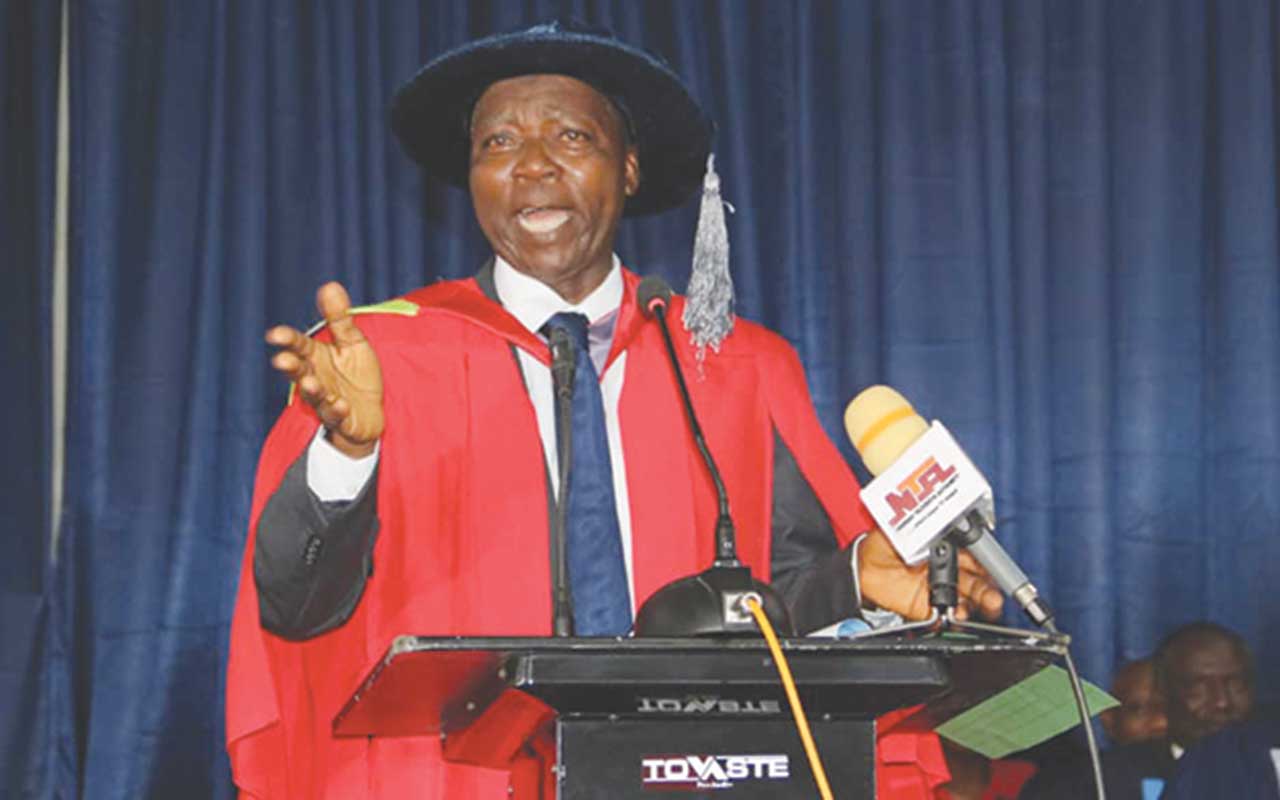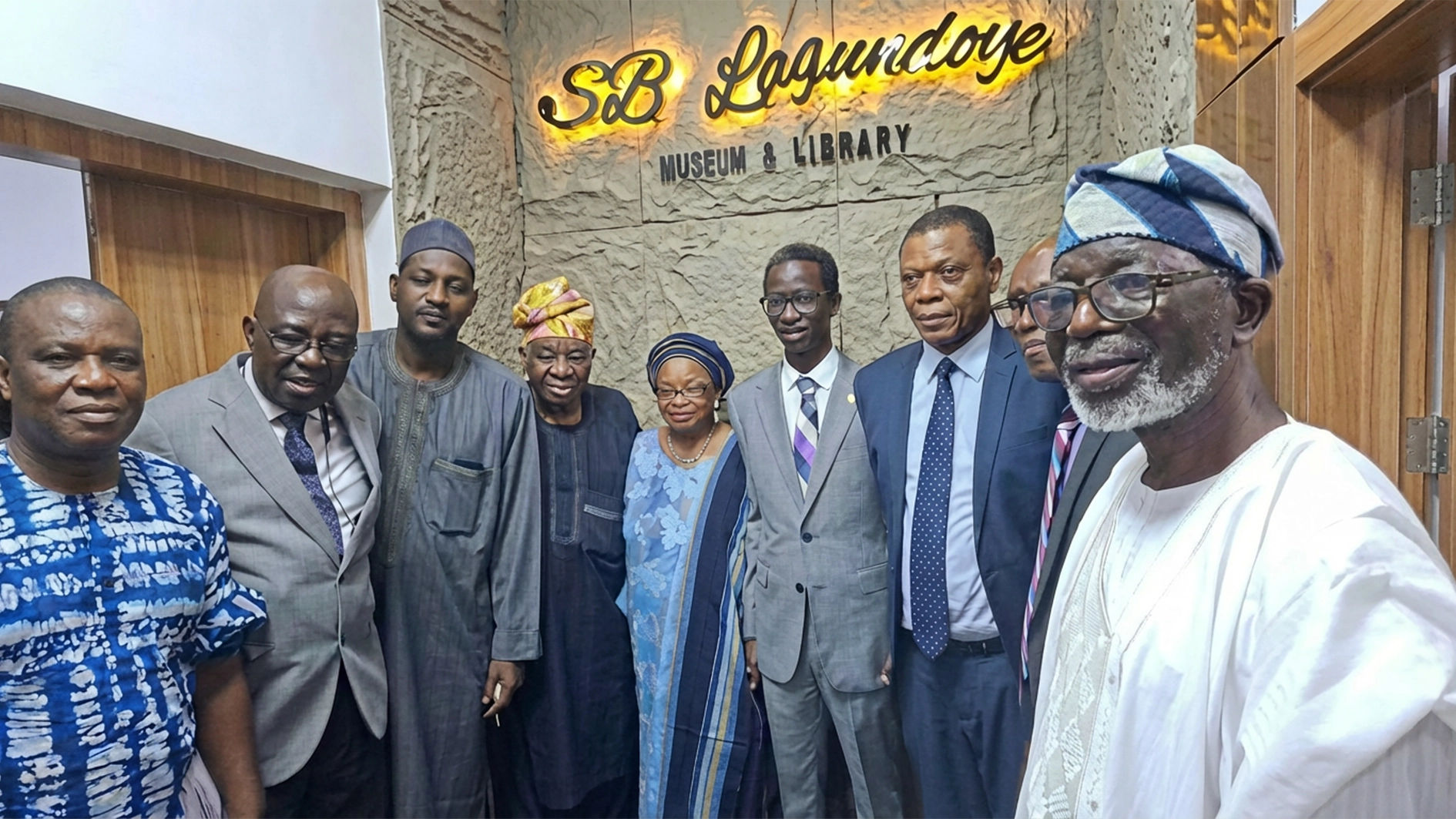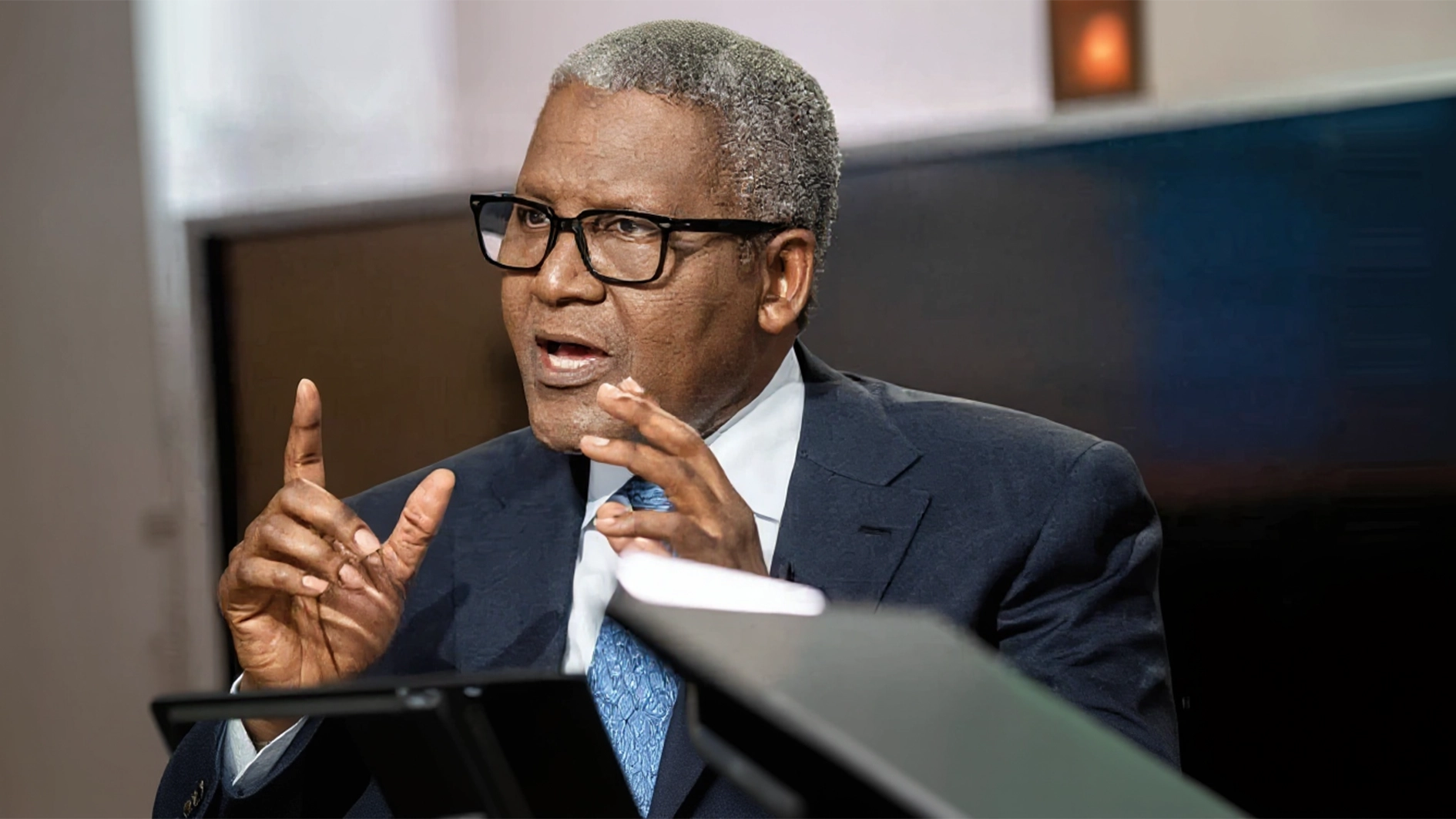
According to him, it is ironical that despite the number of admission seekers not being catered for by the available universities in the country, many of the ivory towers, especially the private ones, could not fill up the admission quota allocated them by the National Universities Commission (NUC).
Delivering the 120th Inaugural Lecture of Olabisi Onabanjo University with the topic ‘From One to 262: Navigating the Sustainability Question in the Proliferation of Universities in Nigeria’, Arikewuyo argued that the expansion of the carrying capacity of the existing universities requires adequate funding from the proprietors – government or private.
He said: “Experience has shown that the government is unable to effectively fund the existing universities. Therefore, rather than establish additional universities that will require additional funding, the existing ones could be properly funded and equipped with adequate human and material resources, in order to meet the quota allocated to them.
“Based on the fact that we had such huge problems in our universities as the Needs Assessment of 2012 revealed, we can imagine the real and serious problems that might bedevil our universities as in terms of human and material resources now that we have 262.
“There is, no doubt, that the private universities are worse hit. It has been discovered that many of them rely heavily on part-time lecturers. One of the banes of private universities in Nigeria and Africa generally is that they lack adequate and qualified academic staff in quality and quantity, to the extent that they rely heavily on part-time lecturers. Many of these universities, it was revealed, lack PhD holders in many disciplines.”
He asserted that from all indications, all the 262 universities in Nigeria, as at December 2023, are unable to admit the increasing number of applicants who sit for the Unified Tertiary Matriculation Examination (UTME) on a yearly basis .
Speaking further, he said: “Does the state of facilities in our universities justify the proliferation of universities in Nigeria? The system is currently bedevilled with dearth of physical infrastructure for teaching and learning. A needs assessment of our public universities in 2012 even when the number of universities as at then was 123 (federal 37, state 37 and private 49) among other things revealed that: Physical facilities for teaching and learning are inadequate, dilapidated, over-stretched/over-crowded and improvised; many laboratories and workshops are old with inappropriate furnishing; power and water supply problems, scanty and broken furniture, no cutting-edge research equipment/facilities, no laboratory, workshop or library ranks among the top 1000 in the world, and where major equipment exists, the ratio to students, in some universities, is as high as 1:500.”
Arikewuyo said that an x-ray of the facilities in Nigerian universities showed that the capacity of Nigerian universities was still low, to the extent that they could not admit the quota allocated to them, with the private universities the worst hit.
“Quoting from the NUC Statistical Digest (2017), it discovered that out of the total enrolment of all Nigerian universities, which was 1,962,364 at that time, the private universities had an enrolment of 104,454 (5.32 per cent).
“In a study, it was discovered that many private universities could only admit between 500 and 800 students in a session. If as at today, all the universities cannot admit the quota allocated to them, then is there a justification for the proliferation of universities in Nigeria?
“Perhaps there is also the need to check the proliferation of universities, especially in the area of quality. Experience has shown that quality may be affected if the number of universities is not checked. The provision of adequate human resources has been a major challenge in the Nigerian university system. The private universities are mostly affected,” he added.
Arikewuyo noted that even with 262 universities as at 2023, universities in Nigeria were unable to admit even up to 40 per cent of the applicants.
“The quota allotted to the universities by JAMB is 32 per cent of the total applicants, yet the universities are unable to admit the entire quota, with an unused quota of 29.79 per cent. The implication of this is that the capacity of Nigerian universities is very low.
“The number of public universities (both federal and state is 115 representing 43.89 per cent while private universities account for the remaining 147 representing 56.10 per cent as at December, 2023,” he said.
Underscoring that the government needs to be more pragmatic about university education, he stated that the role of university education in the development of any nation could not be ignored.
“All over the world, university education is regarded as a very important aspect of the educational system to the extent that countries often rely on the sector to provide the needed manpower for development. It is in the university that high level manpower that is needed for the development of any nation is trained and produced.
“Virtually all countries of the world rely on the universities to provide the needed manpower for development. Apart from this, quality research works which invariably contribute to the socio-economic development of any country are usually undertaken by universities and other higher educational institutions.”
Arikewuyo provided some historical context to the establishment of universities in Nigeria starting from 1948 when the British Colonial government established the University College, Ibadan as an affiliate of University of London. He, thereafter, narrated how the number of universities in Nigeria has increased from that one to over 260, saying:
“At independence in 1960, and following the recommendations of the Ashby Commission, the Regional and Federal governments established the following universities: University of Nigeria, Nsukka, established by the Eastern Regional government in 1960; University of Ife, Ile-Ife (now Obafemi Awolowo University), established by the Western Regional government in 1962, Ahmadu Bello University, Zaria, established by the Northern Regional Government in 1962 and University of Lagos, established by the Federal Government in the then capital city of Nigeria, Lagos, in 1962.
“By the time the military truncated democratic rule in July 1966, there were two federal universities (Ibadan and Lagos) and three regional universities (Nsukka, Ife and Zaria). It is pertinent to add that University College, Ibadan, became an independent university (University of Ibadan) in 1963 when Nigeria eventually became a Republic.
“It has, however, been observed that since independence in 1960, virtually every government in Nigeria leaves a major footprint on university education. The ideology of every government (both military and democratic) had some significant changes in the dimension and structure of university education.
“The 13 years of first military rule had some significant changes on university education in Nigeria. First, the Mid-Western Regional Government converted the Mid West Institute of Technology to a full-fledged university in 1970, following some political pressure on the government by the masses.
“However, the centralisation of governance by the military government affected university education. Consequently, the Federal Military Government, through the promulgation of Decree 46 of 1977 took over all the regional universities. Other reasons adduced for this federalisation included the following: It was necessary to halt the trend towards the establishment of university in each state, particularly as the states had grown from four in 1963 to 12 in 1967 and there was agitation for the creation of more states.
“If the multiplication of universities was not checked and controlled by a central authority, Nigerian universities might devalue academic excellence to an intolerable level as states without adequate financial ability exercised their legislative power to establish glorified secondary schools in the name of universities.
“It was necessary to use university development as a weapon in the struggle to forge national unity. This could be done by citing universities in a way that would ensure an equitable spread throughout the country and ensuring that students’ population in each university reflected the diversity of its admissions to applicants, who were indigenes of the states in question.
“However, with the creation of more states by the same military government (from 12 to 19) in 1975 and in order to enhance political cohesion, as well as improve educational opportunities to educationally disadvantaged states, there was the need to establish more educational institutions. Consequently, in 1975, the Federal Military Government established seven additional universities in Calabar, Port Harcourt, Maiduguri, Kano, Sokoto, Ilorin and Jos. Thus, by the time the military handed over to a democratic government on October 1, 1979, there were 13 universities in Nigeria, all owned by the Federal Government.”
He noted that this tradition of each new government establishing new universities whether military or civilian continued till 1999 when the first set of private universities were established.
Arikewuyo said: “The military government handed over the 1999 Constitution to a democratically elected government on May 29, 1999. The constitution also has some implications on university education in the country.
“Part II of the Second Schedule of the 1999 Constitution (Concurrent Legislative list) provides inter alia: The National Assembly shall have power to make laws for the federation or any part thereof with respect to university education, technology education or such professional education as may from time to time be designated by the National Assembly. The power conferred on the National Assembly under paragraph 27 of this item shall include power to establish an institution for the purposes of university, post-primary, technology or professional education.
“Subject to herein provided, a House of Assembly shall have the power to make laws for the state with respect to the establishment of an institution for the purpose of university, technology or professional education. Nothing in the foregoing paragraphs of this item shall be construed so as to limit the powers of a House of Assembly to make laws for the state with respect to technical, vocational, post-primary, primary or other forms of education, including the establishment of institutions for the pursuit of such education. (Sections 27 – 30).
“Consequently, since May 29, 1999, when the Fourth Republic was inaugurated, Nigeria has witnessed an unprecedented upsurge in the establishment of universities. Thus, as at December 31, 2023, Nigeria has a total of 262 universities, comprising 52 universities owned by the Federal Government; 63 universities owned by state governments and 147 universities established by private individuals and organisations.”






